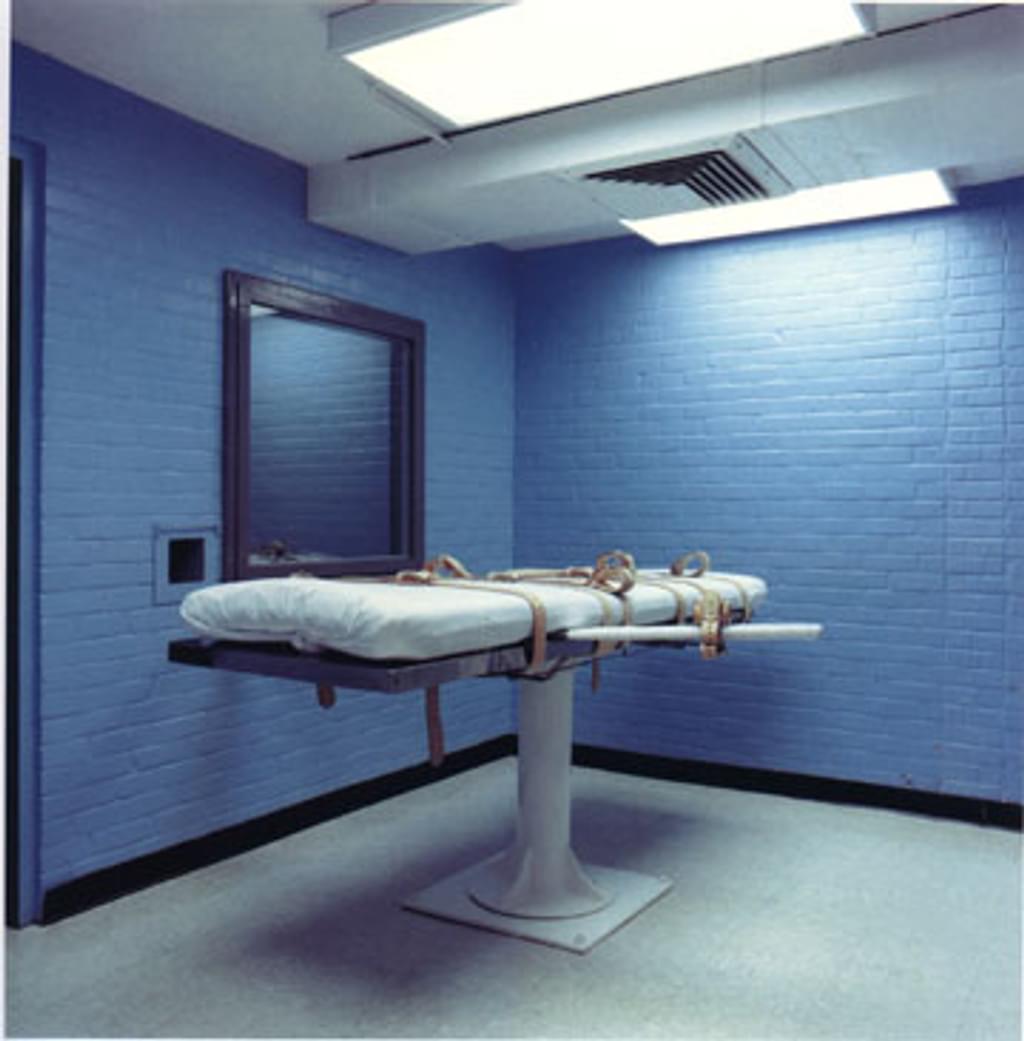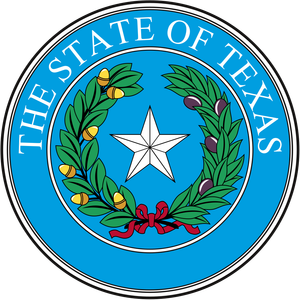
As the new year begins, there are several notable events related to the death penalty likely to occur in the next few months. The first execution of the year is scheduled for January 7 in Florida. The execution of Askari Muhammad had originally been scheduled for December 3, 2013, but was stayed due to a challenge to the state’s new execution protocol. The Florida Supreme Court approved the new protocol, and the execution was rescheduled, though legal challenges are continuing in federal court. Ohio has scheduled the execution of Dennis McGuire for January 16, and the state plans to use a lethal injection protocol never tried before in any state. Ohio will use midazolam and hydromorphone, drugs formerly listed in the state’s backup procedure. This latest change in Ohio was caused by a shortage of the drug pentobarbital, after restrictions on its use were imposed by its European manufacturer. On January 22, Texas is scheduled to execute Edgar Tamayo, a Mexican citizen who was denied consular access at the time of his arrest, in violation of the Vienna Convention on Consular Relations. Objections to the execution have been raised by U.S. Secretary of State John Kerry and by numerous other governments. On March 3, the U.S. Supreme Court will hear oral arguments in Hall v. Florida, a challenge to Florida’s strict procedure for determining intellectual disability in capital cases. The Court previously ruled that intellectually disabled defendants are barred from execution.
(Posted by DPIC, January 2, 2014). See Upcoming Executions, Lethal Injection, U.S. Supreme Court, and Intellectual Disability.
United States Supreme Court
Apr 17, 2024
Justices Sotomayor and Jackson Issue Dissents Over Supreme Court’s Refusal to Review Two Capital Misconduct Cases
Intellectual Disability
Apr 01, 2024



